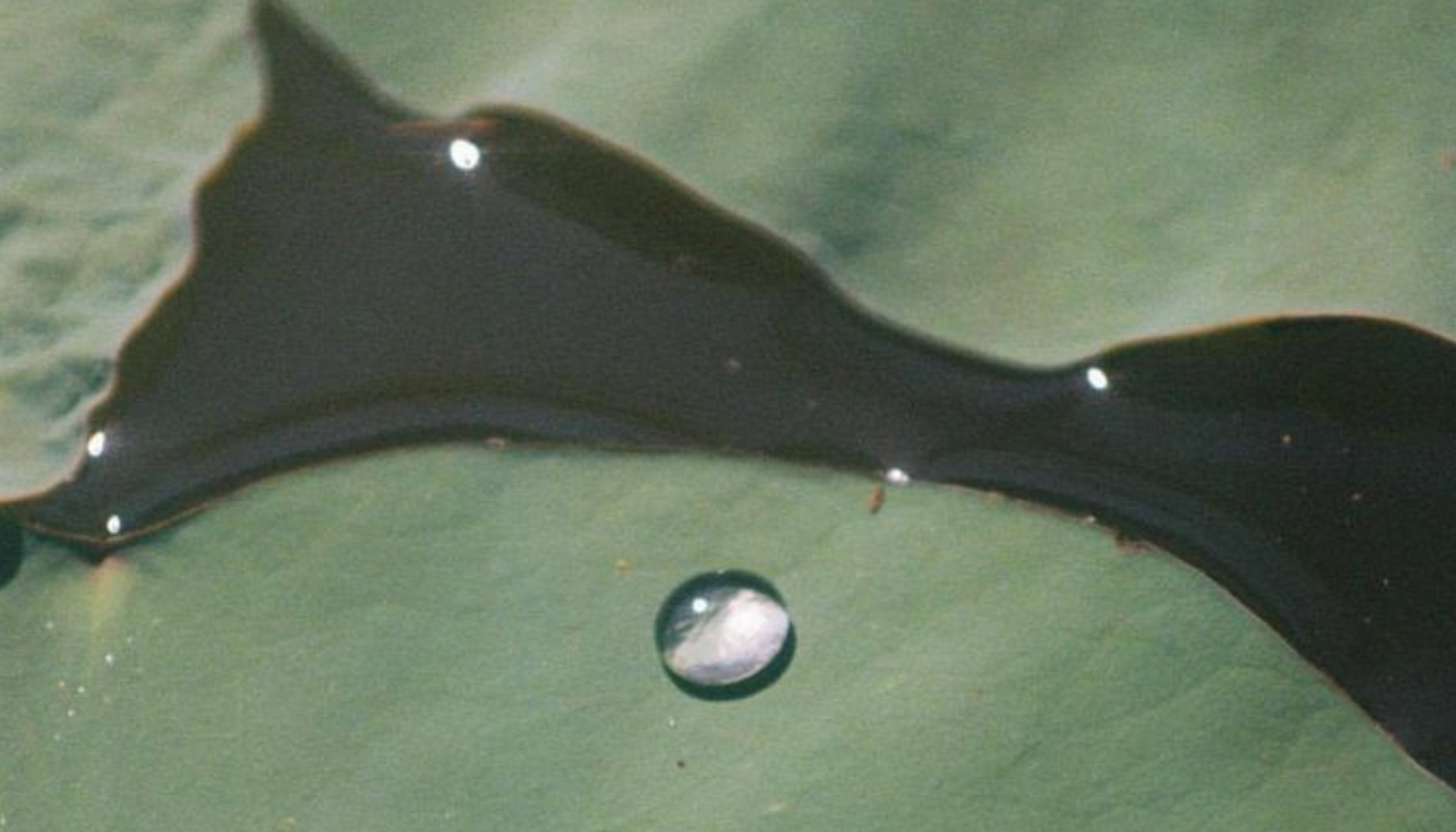
First, let’s define concepts such as sustainability and greenwashing.
Sustainability… what is it really?
In 1987, the United Nations (UN) Brundtland Commission defined sustainability as “meeting the needs of the present without compromising the ability of future generations to meet their own needs.”
Often, when we hear the word “sustainable", we think only in concepts like “waste reduction” or “decreasing in greenhouse gas emissions”. However, sustainability in the skin care industry is (and should be) much more.
What is the meaning of Greenwashing?
Greenwashing involves making exaggerated or false claims about the environmental benefits of a product or a brand, in order to appeal to environmentally conscious consumers. This is a big concern for consumers that may not be well informed on sustainable best practices. Brands need to be transparent and genuine in their sustainability efforts because consumers have the right to accurate and honest information, and it is up to the industry to provide it.
The Effects of Climate Change on Skin
Climate change isn't just affecting the planet, it's also impacting our bodies in unexpected ways. One of the lesser-known consequences of rising temperatures is the effect it can have on our skin. As temperatures rises, so does your risk of sunburn, dehydration, and even skin cancer. On the other hand, colder temperatures and drier air can lead to flaky, itchy skin. And let's not forget about natural disasters like wildfires and hurricanes, which can not only put your entire body in danger but can also cause skin irritation from exposure to smoke and air pollution. There are several ways we can protect ourselves, for instance, investing in a good sunscreen, wearing protective clothing, and staying hydrated are all key to keeping our skin healthy.
Remember, your skin is your first line of defense against the world, so why not give it the love and attention it deserves? It's crucial to prioritize the health of our planet and approach our lifestyles with a sustainable and environmentally conscious perspective. Making efforts to preserve the Earth is no small feat, but the impact of our actions can go a long way in creating a healthier and more eco-friendly world.

Sustainability and Skincare Packaging
Have you ever stopped to consider just how much waste we generate in pursuit of a flawless complexion? It's enough to make most beauty lovers pause for a moment.
But here's the thing, there are challenges and limitations that come with creating environmentally friendly products. For example, using refillable containers can be a great way to reduce waste, but it can also be difficult to design packaging that is practical and may often require additional packaging materials and resources. Additionally, many plastics are not recyclable, making it difficult to find sustainable alternatives that are still eco-effective.
Another challenge is the use of bioplastics, which are often marketed as a sustainable alternative to traditional plastics. However, bioplastics require specific environments in order to degrade properly, and not all recycling facilities are equipped to handle them. This can lead to confusion and frustration for consumers who are trying to make environmentally conscious choices.
Overall, sustainability in skincare brands is an important but complex issue, and it requires a commitment to resource transparency, ongoing research and innovation in order to create products that are both effective and eco-friendly.
Sustainability and Skincare Ingredients
Let's face it, we all want to look good, but not at the cost of the planet. It's important to pay attention to the ingredients in our skincare products and their impact on the environment. With countless skincare products on the market, it's important to be on the lookout for harmful ingredients. The last thing you want is to slather your skin with harsh ingredients like sulfates, phthalates, parabens, and toluene, among others. These controversial substances can wreak havoc on your skin, causing irritation, redness, and overall health.
Companies have begun to focus on using sustainable and naturally-derived ingredients in their formulas, from plant extracts to essential oils and herbal waxes. But don't be fooled by buzzwords like "natural" or "organic," always do your research and look for certifications like USDA Organic, Cosmos Organic or the EU Eco label.
Keep in mind that natural and organic ingredients may not always be the most eco-friendly option, some of these seemingly "green" ingredients can actually have a heavy environmental impact due to their cultivation requirements. With certain natural ingredients needing large amounts of water and land.
Furthermore, companies can help promote sustainable ingredients by supporting fair labor practices which means providing workers with adequate wages, safe working conditions and proper health care benefits. All of these factors combined will help to create a more sustainable impact by supporting local communities. By prioritizing sustainability and transparency, we can make a positive impact on the environment while providing consumers with effective and ethical skincare products. You can learn more about our steps towards sourcing transparency here.
Community Building and Skincare
By working together, we can leverage our respective strengths and make significant contributions to the field of skincare research and create a more sustainable future.
Community building is a crucial aspect to achieve sustainability, as it allows us to: identify the needs of local communities, encourage society to protect and promote social equality and justice, and protect and preserve the environment.
Additionally, collaborations between scientific institutions that work for sustainability and other fields (such as biodiversity conservation, etc.) can lead to more environmentally friendly products, reduce the industry's environmental impact, and enhance consumer trust.
Sustainability partnerships or collaborations, such as those we have with CREA Mont-Blanc and Rescue a Reef, are some of our first steps toward making a healthier impact on the environment and our communities.
Sustainability is essentially about looking after the planet we call home. It’s about reducing waste, using resources efficiently, and developing products and practices that have a minimal impact on the environment. And when it comes to skincare, sustainability is more important than ever.
For far too long brands have been putting the burden of “sustainability” directly onto the consumers, as a brand we believe we can shift that responsibility upstream to make a positive impact.
At Bionassay, we believe it’s possible to help protect mother Earth and still be able to pamper your skin. Let's go green and keep up with genuine sustainability today for us, and for future generations.




